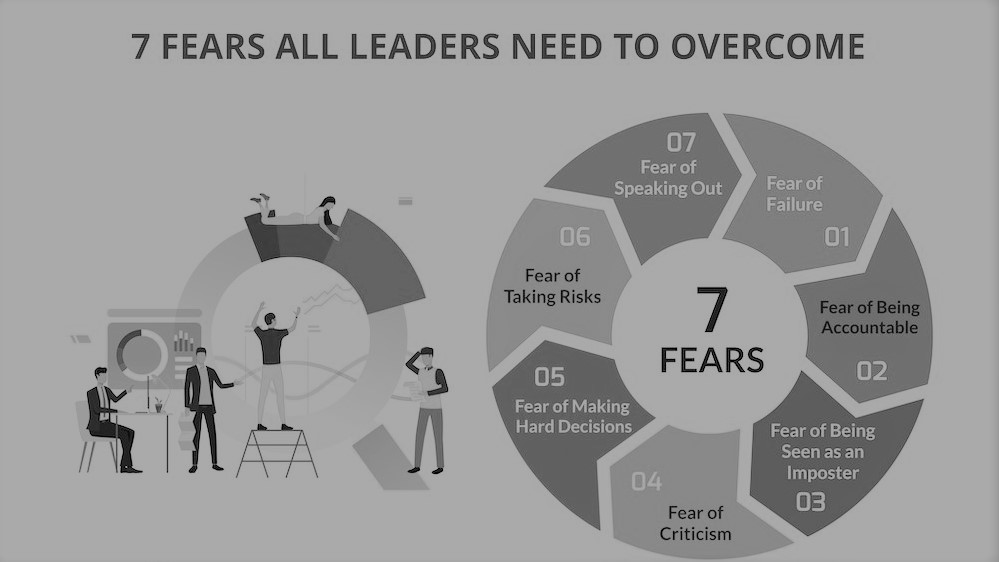
Stories Talk | Presentation Skills and Effective Storytelling
Stories Talk | Presentation Skills and Effective Storytelling
#leaders #leadership #leadershipdevelopment #business #thehumanleader
By Stella Rapti
Translated by Alexandros Theodoropoulos
If there is one thing that leaders can thank the pandemic for, along with the changes that it has violently imposed on the world, it’s that it has forced them to look at themselves in the mirror and accept their human side. Regarding the issue of survival faced by the majority of companies at these difficult times, their leaders were called upon to find innovative solutions not only in terms of finance but also in the psychological support of both human resources and their own.
The pandemic has been a time of reflection and reconstruction, and for many leaders it’s been a time of calling and helping them to come to terms with their human side, with their anxieties, worries and fears. Those who recognised and accepted them and chose to speak openly about them are the leaders who now speak to the hearts of executives and employees.
They are the ones who "do magic and achieve unimaginable results". They are the ones who rule with a clear purpose and humanity," wrote Hubert Joly, a lecturer at Harvard Business School and former president and CEO of Best Buy, in his book “The Heart of Business”.
Here's what keeps leaders awake at night:
1. Failure
Running a business, being accountable to shareholders for your decisions and feeling responsible for the employees is a heavy burden. All leaders are afraid of failure, especially when all eyes are on them, as it happens in modern times. Nevertheless, failure is an important factor in the whole procedure of acquiring knowledge and experience.
You cannot be considered a successful leader if you haven’t experienced failure of any kind and size in your career. The way you dealt with it, the way you corrected the mistakes and learned from them is the most valuable experience you can gain.
Everything is possible when being a leader; a mistake in strategic planning, a wrong choice of key executives or probably a wrong investment: failure seems inevitable. Peter Drucker, the management guru and consultant to the world's largest companies, used to say that when leaders fear failure they miss opportunities to learn and evolve. The most important thing is to recognise difficulties, to accept them and adapt your actions accordingly. Samuel Beckett wrote it masterfully: "Try again. Fail again. Fail better”.
2. Speaking in public
Leaders go out on stage every day, talk to their teams, communicate their vision, inform about their ideas and decisions. Executives, employees and the members of the board are their own audience and the communication across everyone must be clear, structured, convincing and should inspire confidence and self-confidence.
Most leaders get better over time and through daily practice when they overcome their fears and do exactly what they fear: speaking as often as possible in presentations, meetings, and conferences.

3. Criticism
Shareholders, executives and employees rely on the leader to make the right decisions. Pretty often many of their decisions will upset some of them. The fact that "you cannot have all people happy" is absolutely evident here. There will be disagreements, there will be criticism and often intense criticism.
The best way to train a leader to face criticism is often to seek honest feedback from his/her close associates. Marshal Goldsmith, the most famous and sought after leadership coach and one of the Top 10 Business Thinkers in the world, urges his CEO clients to ask not only feedback but mainly feedforward from their partners, that is, specific proposals for important decisions. "What could I have done better?" "What would be better next time?" "Did we give our best?"
By receiving answers to these questions, the leader gathers information that can later be evaluated and at the same time, builds an honest relationship with his/her associates.
4. Responsibility and tough decisions
A leader’s position is from origin a position of responsibility. Leaders are responsible for their employees, for the customers, the shareholders and the very future of the company. And that can often be unbearable. But leaders are not alone or at least they shouldn’t be alone. Before leaders put the final signature on a decision, they can take advice from their team, hear different opinions and disagreements.
Even then, there is still the possibility of making a "bad" decision that, in any case, is better than procrastination or total failure to make decisions. Often too much over-analysis of the data or too much attention to detail can lead to missing an important opportunity.
5. The Imposter Syndrome
Am I not good enough for this position? Did they make a mistake in trusting me? Am I a mediocre leader who deceives those who selected him? Did they choose me randomly? According to a Harvard Business Review survey, 8 out of 10 successful leaders develop the imposter syndrome, especially at the beginning of their careers, which prevents them from showing their best self.
Usually, perfectionism is behind this paradoxical imposter syndrome. "I could have done better," "I could have made a better decision," are some of the thoughts of successful leaders with imposter syndrome.
Clearly, the desire to achieve the best result is a healthy motive, but no one can be perfect. The biggest challenge for a leader is to forgive himself for his mistakes that are inevitable and so human anyway. Maturity and experience are the allies of a successful leader.
Fear is something completely natural. It exists to protect us and to warn us. But in no case should it hold us back and prevent us from reaching the maximum of our potential. Successful leaders are well aware of this fact and dare to overcome it by always taking responsibility for their decisions.